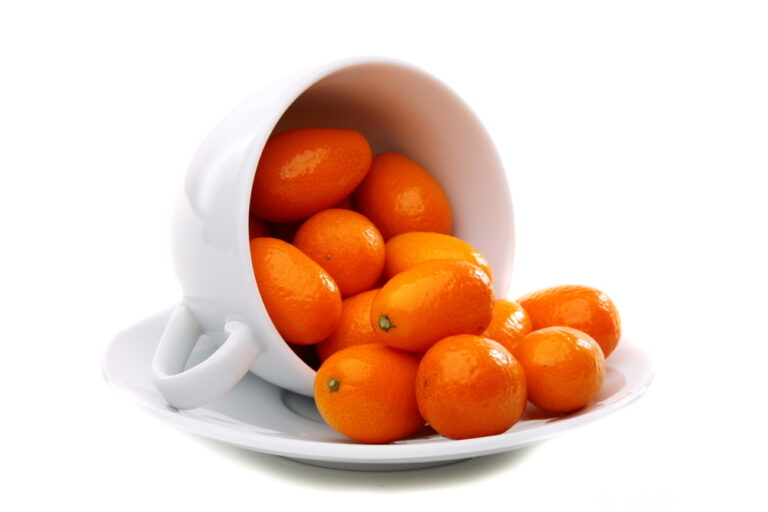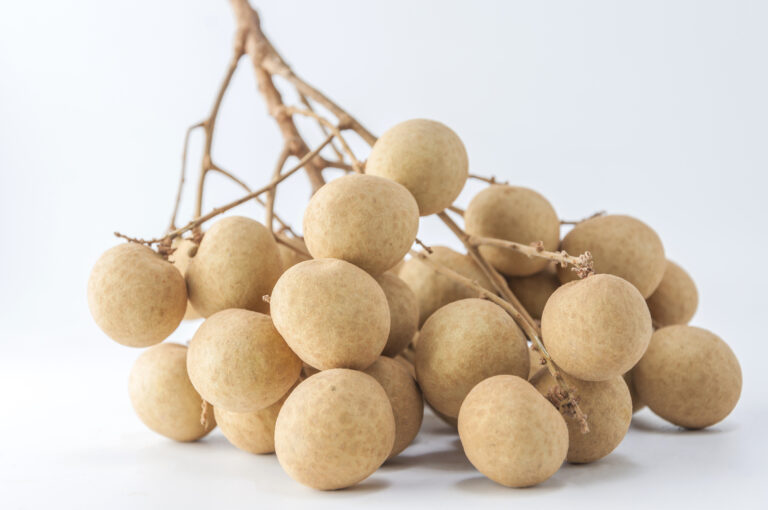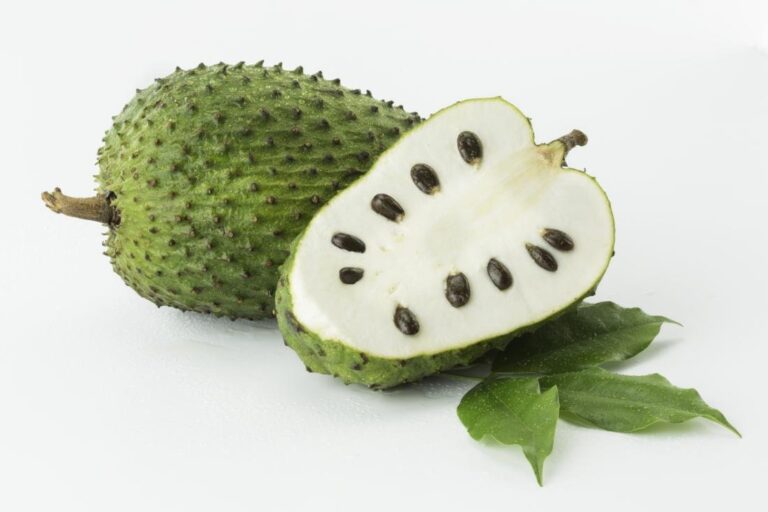When it comes to fitness and muscle-building supplements, creatine often takes center stage. But one common concern among gym-goers is does creatine make you gain weight.
In this article, we’ll dive deep into the topic to uncover the truth about the relationship between creatine and weight gain. So, let’s address the perplexing question: does creatine make you gain weight?
What is Creatine?
Creatine is a naturally occurring compound that is found in small amounts in certain foods and is also synthesized by the body.
It plays a crucial role in providing energy for short bursts of high-intensity physical activities. Chemically, creatine is made up of three amino acids: arginine, glycine, and methionine.
Within the body, creatine is primarily stored in the muscles as creatine phosphate.
During intense activities like weightlifting, sprinting, and other forms of rapid and explosive movements, the body utilizes ATP (adenosine triphosphate) as its primary energy source.
However, ATP is quickly depleted, and that’s where creatine comes into play.
Because of its role in energy production, creatine has become a popular dietary supplement among athletes, bodybuilders, and individuals looking to enhance their exercise performance.
Supplementing with creatine can increase the amount of stored creatine phosphate in the muscles, which can lead to improved athletic performance, increased muscle strength, and enhanced muscle growth.
But Today’s question is this does creatine make you gain weight? Let’s Find Out.
Does Creatine Make You Gain Weight?
Yes, creatine supplementation can lead to weight gain, but it’s important to understand that this weight gain is primarily due to an increase in water retention in the muscles rather than an increase in body fat.
Creatine doesn’t make you fat, but when you first start taking it, you might gain a little weight—typically between 1 and 1.8-2.2 kg, depending on where you started.
As creatine is taken up by the muscles, it attracts water into the muscle cells, leading to an increase in muscle water content.

This water retention can lead to a small increase in overall body weight, usually around 1-3 kilograms (2-7 pounds) in the first few weeks of starting creatine supplementation.
It’s important to note that this weight gain is not the same as gaining body fat. In fact, creatine supplementation is often used to support muscle growth and improve exercise performance, rather than causing fat gain.
Side Effects of Creatine
Creatine is usually regarded as safe for most people when taken at the prescribed dosages. However, like any dietary supplement, there can be potential side effects, though they are often rare and mild.
Here are some possible side effects associated with creatine supplementation:
1. Gastrointestinal Issues: Some people might experience gastrointestinal discomfort, such as bloating, gas, or diarrhea, when taking creatine. This is more likely to occur when taking large doses of creatine at once. To minimize this, you can try splitting your daily dosage into smaller amounts taken throughout the day.
2. Weight Gain: As mentioned earlier, creatine can lead to an initial increase in water retention within muscles, which can cause a small increase in body weight. This weight gain is due to increased muscle water content, not an increase in body fat.
3. Kidney Strain: There has been some concern that high doses of creatine might put extra strain on the kidneys, especially for individuals with pre-existing kidney conditions. However, most research suggests that creatine is safe for healthy individuals and doesn’t cause kidney damage. Still, it’s a good idea to consult with a healthcare professional if you have any kidney-related concerns.
4. Dehydration: Since creatine can draw water into muscle cells, it’s important to stay adequately hydrated when using creatine supplements. Failing to drink enough water could potentially lead to dehydration.
5. Allergic Reactions: In very rare cases, individuals might experience allergic reactions to creatine supplements. If you notice any allergic symptoms, such as rash, itching, or swelling, discontinue use and seek medical attention.
In the debate about whether creatine makes you gain weight, it’s essential to differentiate between water weight and actual fat gain. While you might notice a slight increase in scale weight due to water retention, this isn’t a cause for concern.
In fact, creatine’s potential to support muscle growth and improve workout performance makes it a valuable tool, whether you’re aiming to gain, lose, or maintain weight.
I hope you got the answer to the query (Does Creatine Make You Gain Weight). Check out our more blog posts and articles by clicking here.














